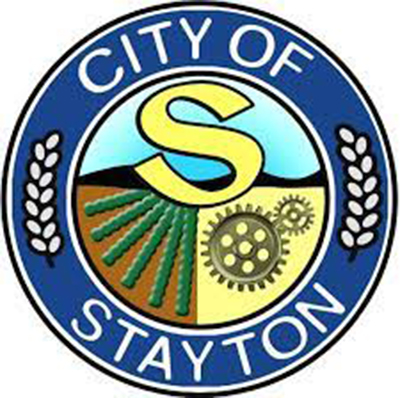The Stayton City Council has revised a public camping ban and reduced exempted areas to one location off Wilco Road, while also exploring possible social services for the homeless.
The changes were adopted unanimously during the council’s Oct. 16 regular meeting following a recommendation by the city’s Homeless Task Force.
The ban will now apply to all city-owned property except an undeveloped right-of-way west of Wilco Road between 8 p.m. and 7:30 a.m.
Councilor David Giglio clarified the new ordinance does not designate the Wilco Road property for public camping, rather singled out the area as a place where the ban will not be enforced.
“This is simply a spot where sleeping at night is not prohibited,” he said.
The revisions will go into effect Nov. 15.
The council passed an original camping ban July 17 in response to a state law requiring cities to provide an option for public camping if they are to enforce camping bans elsewhere. The original ordinance banned camping in all public parks and city-owned facilities, leaving a handful of undeveloped city-owned parcels where the ban did not apply.
Some of these undeveloped parcels were near residential areas or businesses and there was an outpouring of public concern about campers near homes or in downtown.
The Task Force gathered public comment on the matter including a community survey, and also worked with city staff and social service providers to explore alternatives. They shortlisted the Wilco Road property, the water plant and the sewer plant as possible locations for a ban exemption.
A survey conducted from Sept. 15 to 28 received 653 responses and showed relatively even support between using the Wilco Road property and sewer plant. Members of the task force and council expressed a desire to choose a primary and a backup location, and on Oct. 16 the council discussed using the Wilco Road property and sewer plant respectively.
Director of Public Works Lance Ludwick cautioned strongly against using the sewer plant, both in a letter
to the council and during discussions Oct. 16.
Ludwick said the plant is a vital piece of infrastructure with delicate chemical needs that could be offset by the presence of homeless campers, potentially compromising its ability to process sewage. He also said the activity of campers could generate false alarms on security equipment and drive up the costs of securing the plant while also reducing the effectiveness of such measures.
With these factors in mind, the council chose to designate the Wilco Road property as exempt without a backup location.
After passing the revised ordinance, the council directed City Manager Julia Hajduk to look into the potential costs of placing a portapotty, trashcan and similar sanitary facilities at the site. Councilor Ben McDonald said it would be better if any potential campers could dispose of waste and trash without imposing on local businesses.
Hajduk was also asked to look into the cost of a fence marking the boundary between the right-of-way and neighboring private property. Giglio said he opposed any form of identifying the property because he did not want the city to be seen as promoting camping there. Others such as Councilor David Patty said it would be preferable to identify the boundaries of the right-of-way to assist police in enforcing the ban.
The council also requested more information about potentially partnering with social service groups. Patty said he would like to learn the nature of available services and whether or not their priority was to help people out
of homelessness.
There was a consensus among the council that providing a public camping option would not ultimately address the problem of homelessness and may instead enable unhealthy behaviors. Councilor Jordan Ohrt said, if it was her choice, she would not make an exemption to the ban simply because it constitutes an unfunded legislative mandate, but also because she sees it as compassionless.
“My hope is that it doesn’t get used,” she said of the Wilco Road property. “My hope is the homeless population we have, while small, either moves somewhere else or gets out of homelessness and we don’t have to worry about it at all.”
Hajduk said no public camping has occurred in the previously-exempted areas since the original ordinance took effect.
